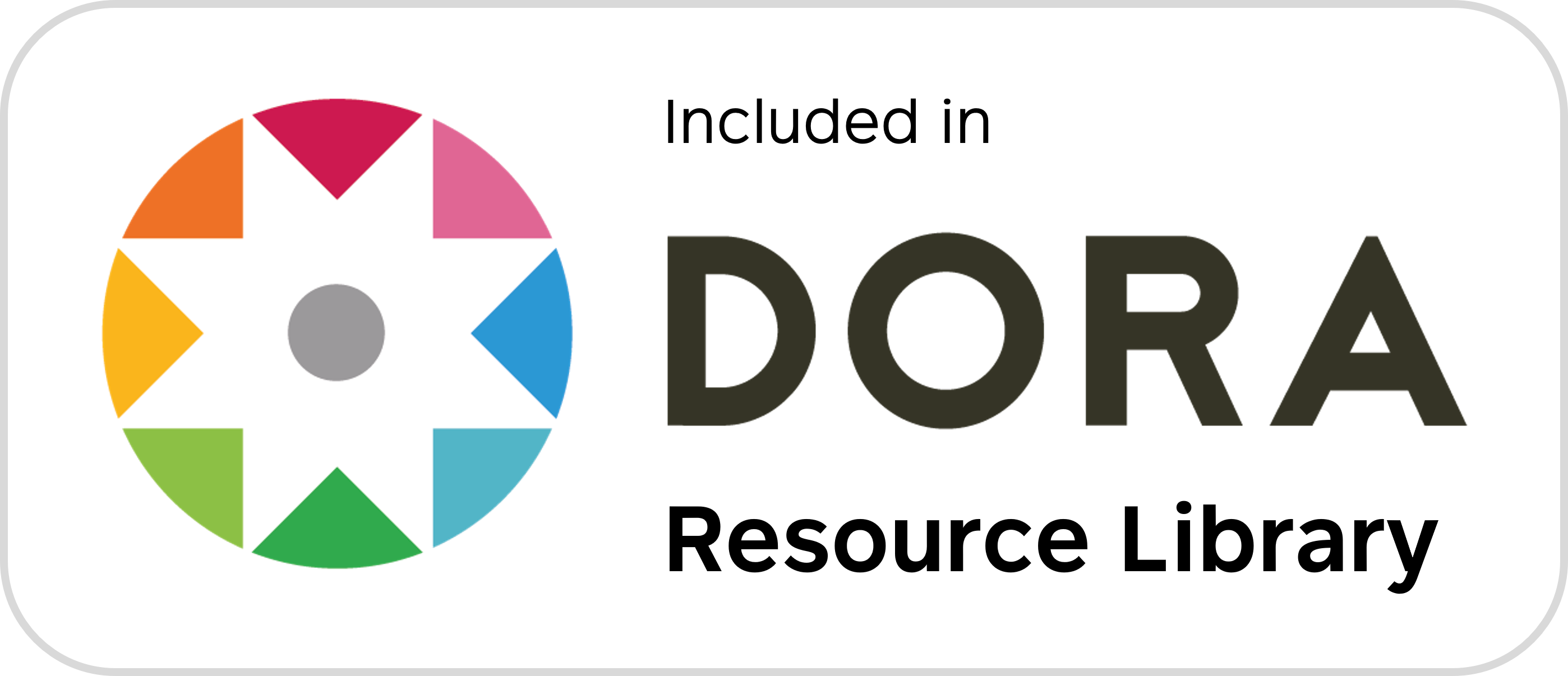- Make a Submission
- Focus and Scope
- Editorial Team
- Reviewers
- Author Guidelines
- Reviewer Guidelines
- Article Template
- Article Publishing Charge (APC)
- Publication Process
- Publication Ethics
- Plagiarism Policy
- Recommended Tools
- Open Access Statement
- Copyright and License
- Archiving Policy
- Crossmark Policy
- Indexing
- Scopus Citedness
- Contact Us
Archive Policy
Advances in Educational Innovation (AEI) is committed to ensuring the long-term preservation and accessibility of its published content. Our archive policy includes the following measures:
-
Digital Archiving:
- All published articles are digitally archived with our hosting provider to ensure their continuous availability.
- We collaborate with trusted digital archives to preserve our articles. These archives provide a permanent home for our content and ensure that it remains accessible even if the journal ceases publication or changes its platform.
-
Third-Party Archiving:
- AEI participates in various digital archiving initiatives such as LOCKSS (Lots of Copies Keep Stuff Safe) and CLOCKSS (Controlled LOCKSS) to maintain a decentralized and distributed archiving system.
- Our articles are also deposited in reputable repositories and databases such as DOAJ (Directory of Open Access Journals), Zenodo, and institutional repositories, ensuring broader accessibility and long-term preservation.
-
Self-Archiving:
- Authors are encouraged to deposit a copy of their final published article in their institutional repositories or on their personal websites. This self-archiving is permitted under the journal’s open access policy and helps increase the visibility and accessibility of the research.
-
Permanent Identifiers:
- Each published article is assigned a unique Digital Object Identifier (DOI), ensuring a permanent link to the article’s location on the internet. This guarantees that even if URLs change, the article can still be easily found and accessed.
-
Metadata Preservation:
- AEI ensures that comprehensive metadata for all articles is stored and maintained. This metadata includes information such as authorship, title, publication date, abstract, keywords, and citations. Proper metadata management supports discoverability and retrieval of articles in digital archives and search engines.
-
Accessibility and Usability:
- The journal adheres to best practices for web accessibility to ensure that all users, including those with disabilities, can access and benefit from the published content. This includes providing content in formats that support assistive technologies.
By implementing these archiving policies, AEI aims to safeguard the scholarly content and ensure that it remains a valuable resource for researchers, educators, and practitioners now and in the future.













